At the recent Vietnam Connect Forum 2024, Ms. Lam Thuy Nga, Country Head of Corporate Banking, HSBC Vietnam, shared HSBC's perspective on the role of finance in building a sustainable future, HSBC's support on Vietnam's journey towards emission neutrality, as well as some obstacles that need to be removed to open up the flow of green capital.
 |
Accompanying on the journey of sustainable transformation
According to estimates by the United Nations Intergovernmental Panel on Climate Change (IPCC), $3 trillion is the investment the world needs each year to keep global warming at 2 degrees Celsius by the end of this century.
This figure once again highlights the critical role finance plays in humanity’s fight against climate change, with banks playing a central role in mobilizing and channeling the green capital needed to achieve the global net zero emissions target.
In fact, the financial industry has made ambitious commitments worth trillions of dollars towards “Net Zero”. For example, HSBC, a global sustainability leader for many years, has committed to providing between $750 billion and $1 trillion in financing and investments to support its customers around the world in the transition to more sustainable business practices and to be carbon neutral by 2050.
In Vietnam, HSBC has also been supporting the arrangement of direct and indirect funding for sustainable projects in Vietnam and businesses in Vietnam, supporting Vietnam to implement its commitment to emission balance made at COP26.
“As one of the world’s largest financial institutions, HSBC is fully aware of its role and is focused on supporting the realisation of the goal of a net-zero emissions global economy. This is a pillar of our business strategy,” said Ms. Lam Thuy Nga.
HSBC Group aims to achieve net zero emissions in its operations and supply chain by 2030, and for HSBC’s financing portfolio by 2050. Between now and then, HSBC will work with clients to help them reduce emissions and scale up low-carbon solutions, while also reducing emissions in its own operations, such as reducing greenhouse gas emissions, electricity, water consumption, waste treatment, etc.
“This change will not happen overnight, it will take time for businesses and economies to gradually reduce their carbon-intensive activities. We call it the transition to net neutrality and along the way we can make a big impact by working with our clients to achieve ‘Net zero’. HSBC’s priority is to accompany clients towards sustainability goals through green and sustainable financial solutions,” said Ms. Lam Thuy Nga.
At the corporate level, HSBC has just announced its plan to shift towards emissions neutrality, outlining a roadmap to achieve its emissions reduction target through financing in high-carbon industries. In Vietnam, HSBC has a variety of sustainable financial products that can meet customers' needs such as green loans and social loans.
Ms. Lam Thuy Nga said that HSBC can support green projects, new technology projects serving the transition as well as sustainability-linked loan products that are in line with customers' ESG strategies. This product aims to encourage customers to achieve pre-set sustainability goals by reducing interest rates for each achieved target.
“In 2023, we arranged the first sustainability-linked loan in the textile sector for a large enterprise in the market. The sustainability targets in this sustainability-linked loan agreement are aligned with the client’s focus on reducing greenhouse gas emissions (Scope 1 and 2) and water consumption. We are in the final stages of completing a first social loan transaction. This is an important milestone in our ESG journey,” Ms. Nga informed.
HSBC not only provides capital but also services, insights and tools necessary for clients’ transformation. Specifically, HSBC has supported VinGroup in developing a Sustainable Finance Framework, which has also received a positive assessment from Sustainalytics, a leading independent ESG assessment firm. Within that framework, HSBC helped arrange the world’s first $425 million Vingroup Sustainable Equity Bond transaction and a $500 million Green Syndicated Term Loan for VinGroup and its subsidiaries, including Vinfast.
To approve credit for green and sustainable projects, HSBC has strict standards. These standards are in line with international regulations of the Loan Market Association and the Asia-Pacific Loan Market Association. With the current trend, many businesses have also researched and worked with third-party consultants to achieve strict standards from investors.
Not only accompanying corporate customers, banks like HSBC can also provide many solutions to support individual customers on their journey towards “Net zero”, especially young customers. It can be a green credit package to help them install solar power systems on their roofs or take out home loans from projects/buildings certified as green buildings with preferential interest rates. By reducing profits, banks can contribute to increasing the proportion of consumers choosing a green lifestyle to join hands towards the common goal of sustainability.
In addition, banks using recycled materials to produce payment cards is also a way for consumers to see their sustainability efforts in a more tangible way. From 2022, HSBC has pioneered the official transition to issuing recycled PVC plastic cards. Each new card is made from 85% recycled plastic sourced from industrial waste, reducing carbon emissions by 7g and saving 3.18g of plastic.
At the macro level, HSBC is actively collaborating with government agencies and ministries to share experience and expertise, such as signing a Memorandum of Understanding with the Ministry of Natural Resources and Environment to support the Ministry of Construction in developing a practical approach and legal framework to realise Vietnam’s transition goals. HSBC is also a member of the Glasgow Finance Alliance for Net Zero (GFANZ), helping to arrange US$7.75 billion from the private sector for Vietnam’s Just Energy Transition Partnership (JETP).
Clearing the green flow
Of course, every journey has its own set of obstacles. One of the biggest challenges for sustainable development and sustainable finance is that Vietnam does not have a detailed sustainable finance classification system to precisely define “green” and “sustainable”. Although the Government is studying an official legal framework, the banking sector still has to rely on each bank’s internal system and must continuously monitor itself. The lack of clear regulations also leads to hesitation when undertaking large-scale sustainable projects that require a complex financial process.
Another significant obstacle is the lack of data and reporting. In the eyes of investors, consumers, and employees, ESG strategy and performance reports provide important indicators of a company’s “health” and its impact on the world. However, many companies do not have ESG reports or have limited ones, because they do not fully understand the requirements for ESG data.
 |
| Ms. Lam Thuy Nga, Country Director of Large Corporate Banking, HSBC Vietnam |
“To improve this situation, I think managers have a very important role in guiding businesses as well as having regulations to create more motivation for them to focus more on collecting, analyzing data and making detailed reports,” Ms. Lam Thuy Nga suggested.
More than 90% of Vietnamese enterprises are small and medium-sized enterprises, however, only listed companies are required to provide information on ESG strategy and performance in their annual reports. However, most of the information provided is at a basic level, without third-party verification, except for a small number of companies with international certification. Investors may not be able to use that information to assess the level of ESG application of the company, making them hesitant to invest.
At the same time, the current general sustainability standards for Vietnamese businesses are also a barrier to accessing loans. Since official Vietnamese standards do not exist or have not been officially implemented, financial institutions such as HSBC have to use international standards and make adjustments to suit the actual market situation. However, these standards may be too high for most companies, making them unable to access sustainable finance.
To help shift green capital flows and promote sustainable development in Vietnam, the Government needs to increase transparency, tighten ESG-related regulations, and reduce information gaps between investors and businesses. In recent years, some small and medium-sized enterprises have adopted voluntary ESG disclosure to attract foreign investors as well as to meet the strict requirements of certain export markets such as Europe. However, to achieve positive results on a large scale, strong ESG disclosure needs to be mandated by law.Source link



![[Photo] Looking back at the impressive moments of the Vietnamese rescue team in Myanmar](https://vstatic.vietnam.vn/vietnam/resource/IMAGE/2025/4/11/5623ca902a934e19b604c718265249d0)


![[Photo] "Beauties" participate in the parade rehearsal at Bien Hoa airport](https://vstatic.vietnam.vn/vietnam/resource/IMAGE/2025/4/11/155502af3384431e918de0e2e585d13a)

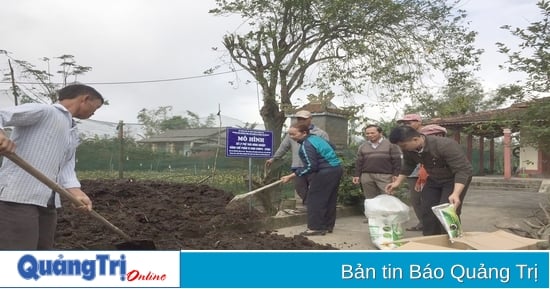

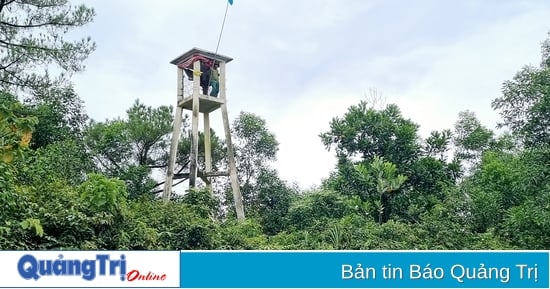


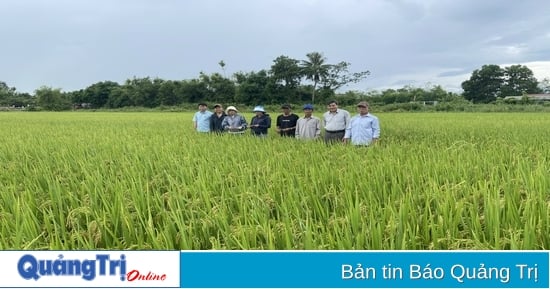



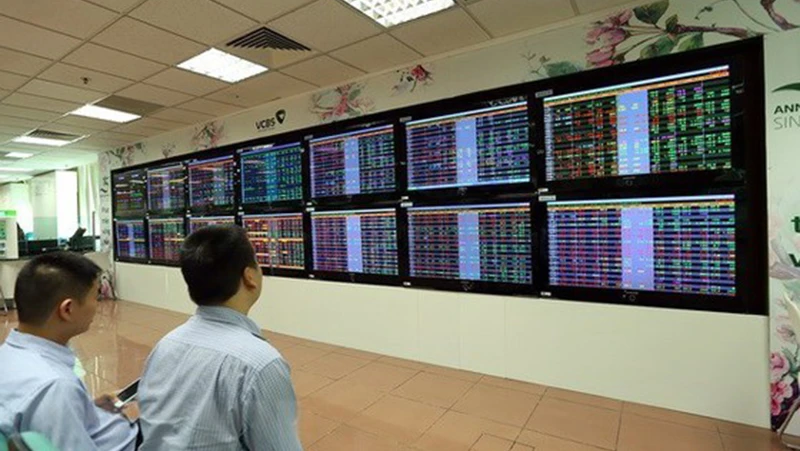


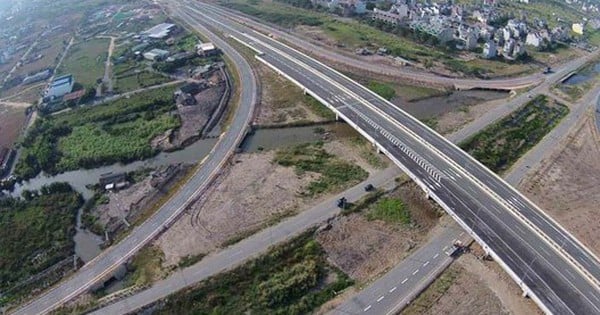




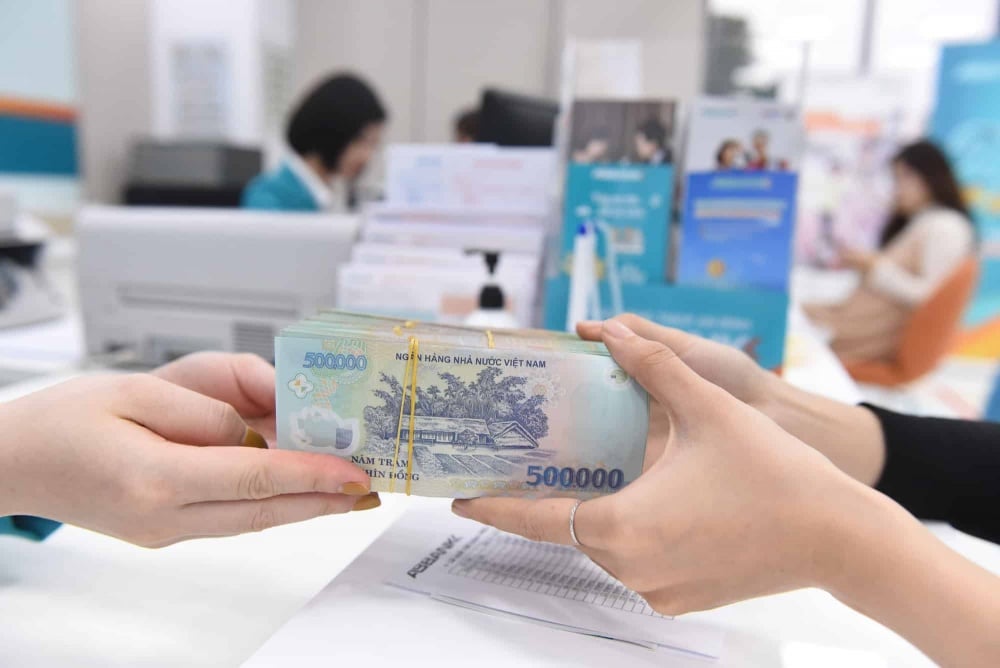

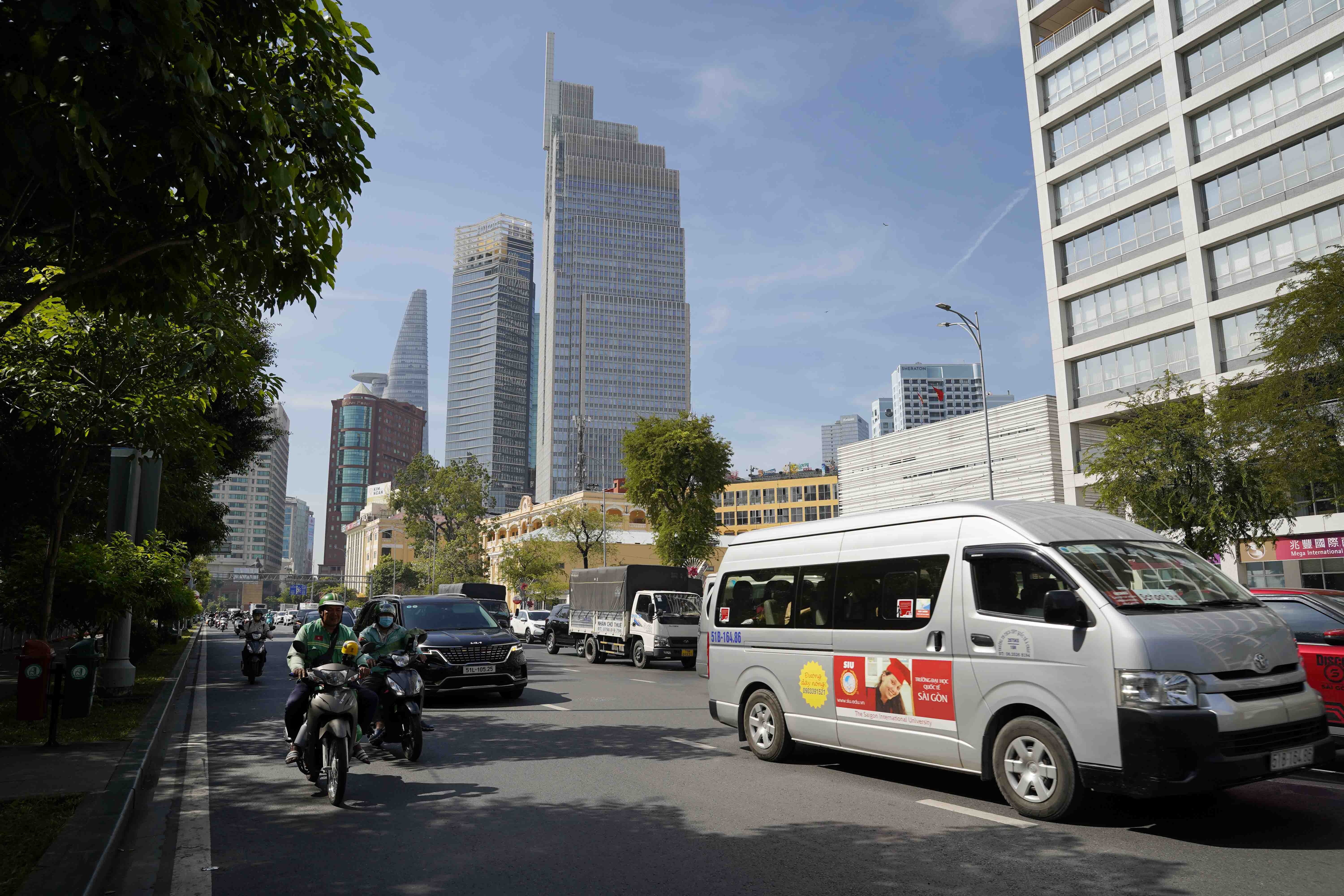

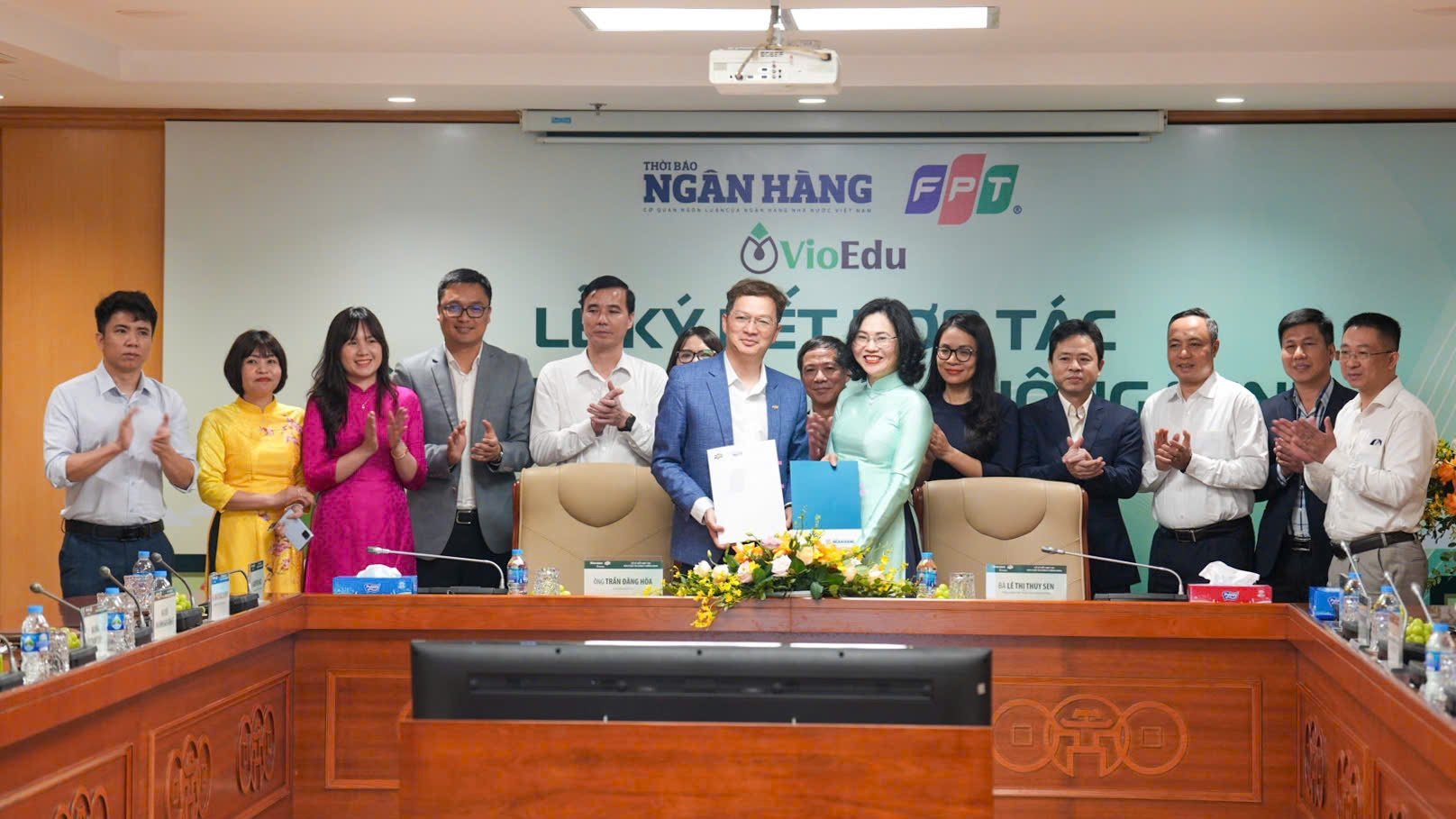
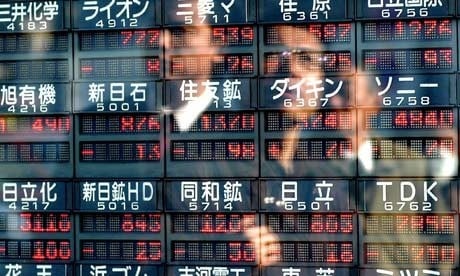
![[Photo] Summary of parade practice in preparation for the April 30th celebration](https://vstatic.vietnam.vn/vietnam/resource/IMAGE/2025/4/11/78cfee0f2cc045b387ff1a4362b5950f)











































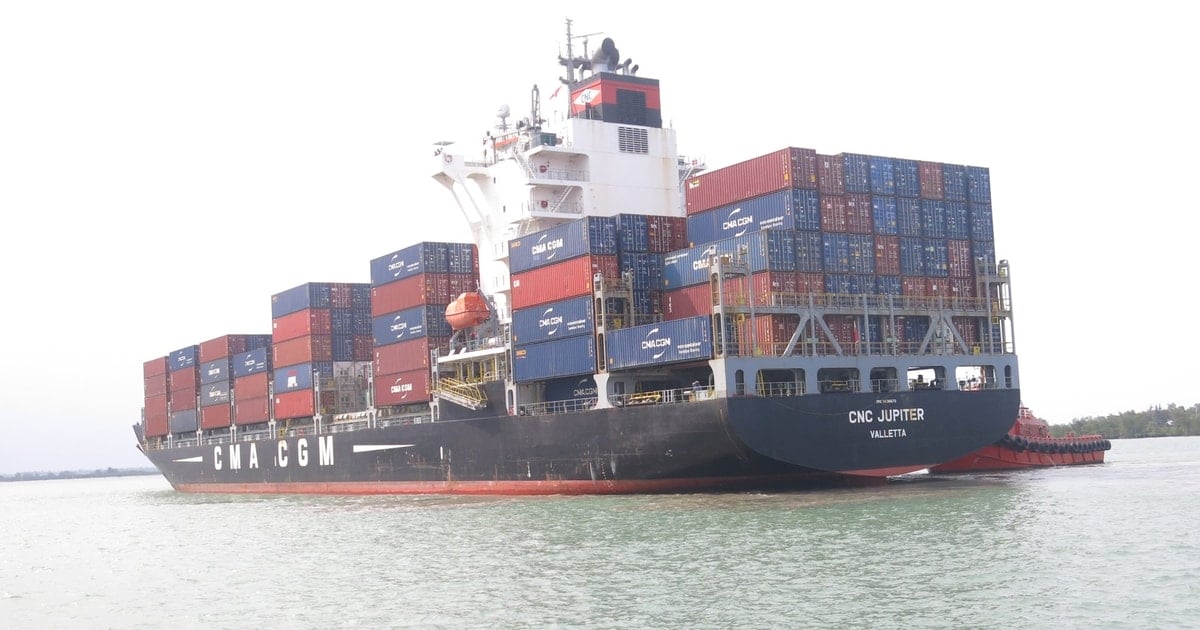





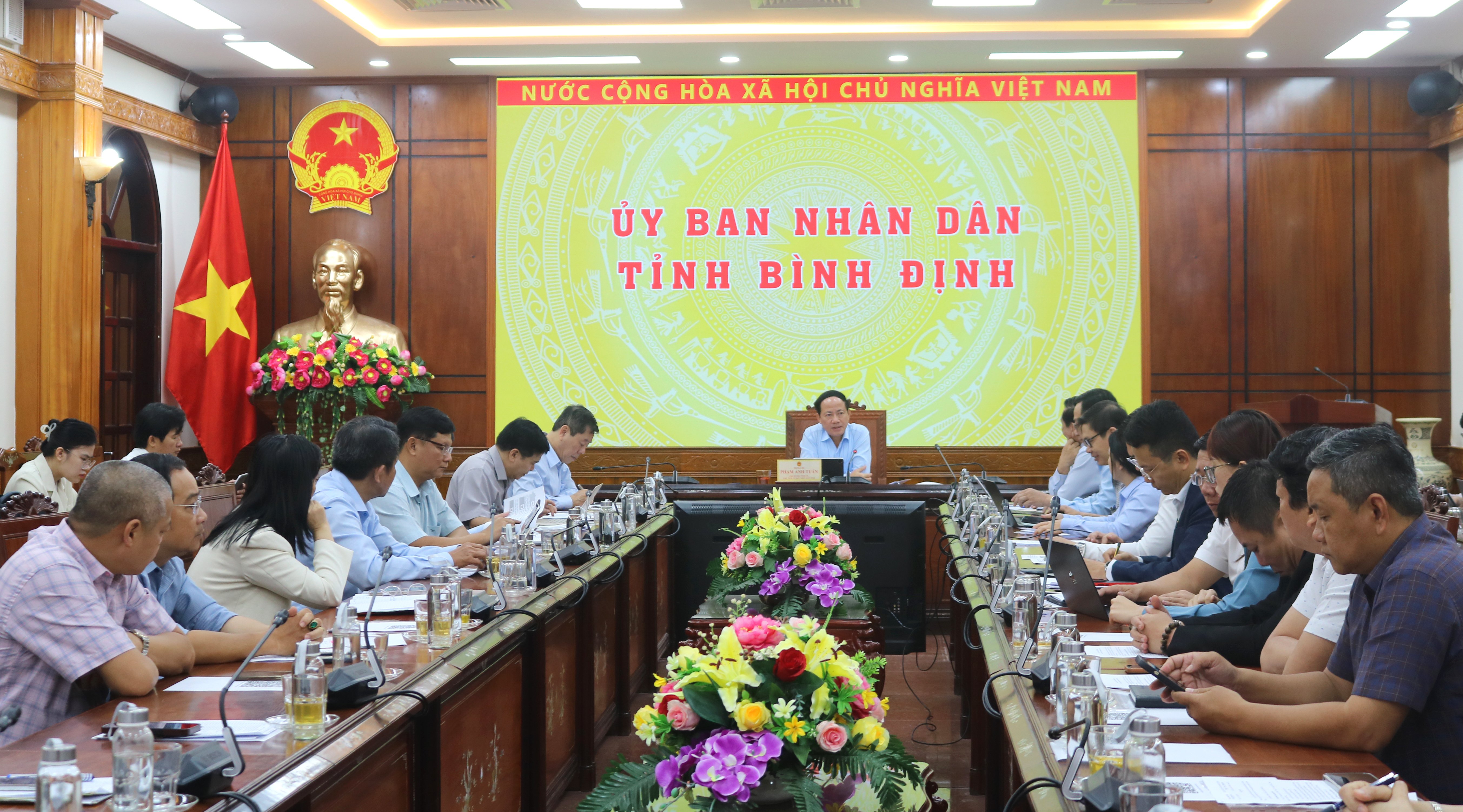













Comment (0)